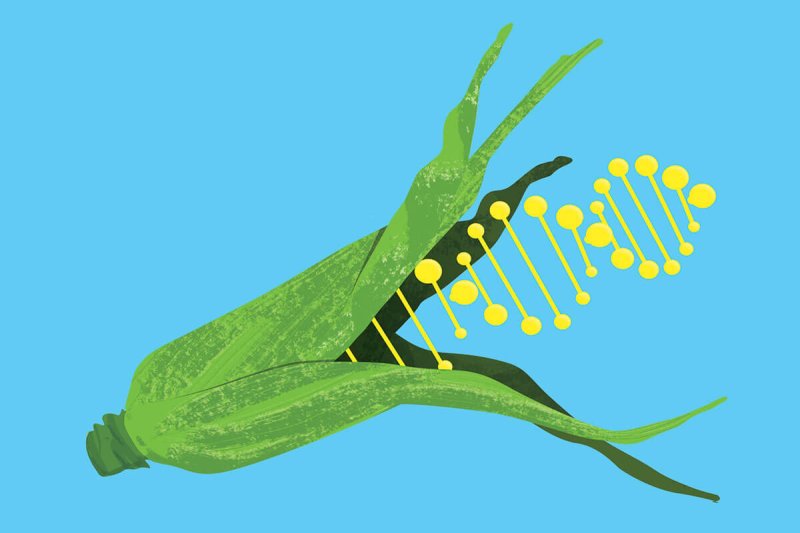[A]s much as human history is the history of agriculture, it’s also the history of genetic modification of plants, animals and microbes — which enabled humanity to overcome the myriad obstacles they faced over the millennia. It is safe to say that, without systemic genetic modification of crops and livestock, civilization would not exist.
…
Critics of genetic engineering portray contemporary agricultural scientists as playing God — messing with nature in dangerous ways with unknown consequences. But in reality, the level of control these new tools give us demonstrates that it was our ancestors who were playing an unpredictable game of genetic roulette. Every time farmers and ranchers of yore bred a plant or animal from among domesticated stock, or crossed them with wild varieties, they created a genome entirely new to the planet.
…
In contrast, today’s genetically modified organisms are incredibly modest. They involve smaller, more carefully considered, controlled and conservative changes to DNA than were ever before possible in human history.
Editor’s note: Michael Eisen is a professor of molecular and cell biology at UC Berkeley
Read full, original post: How GMOs can save civilization (and probably already have)































